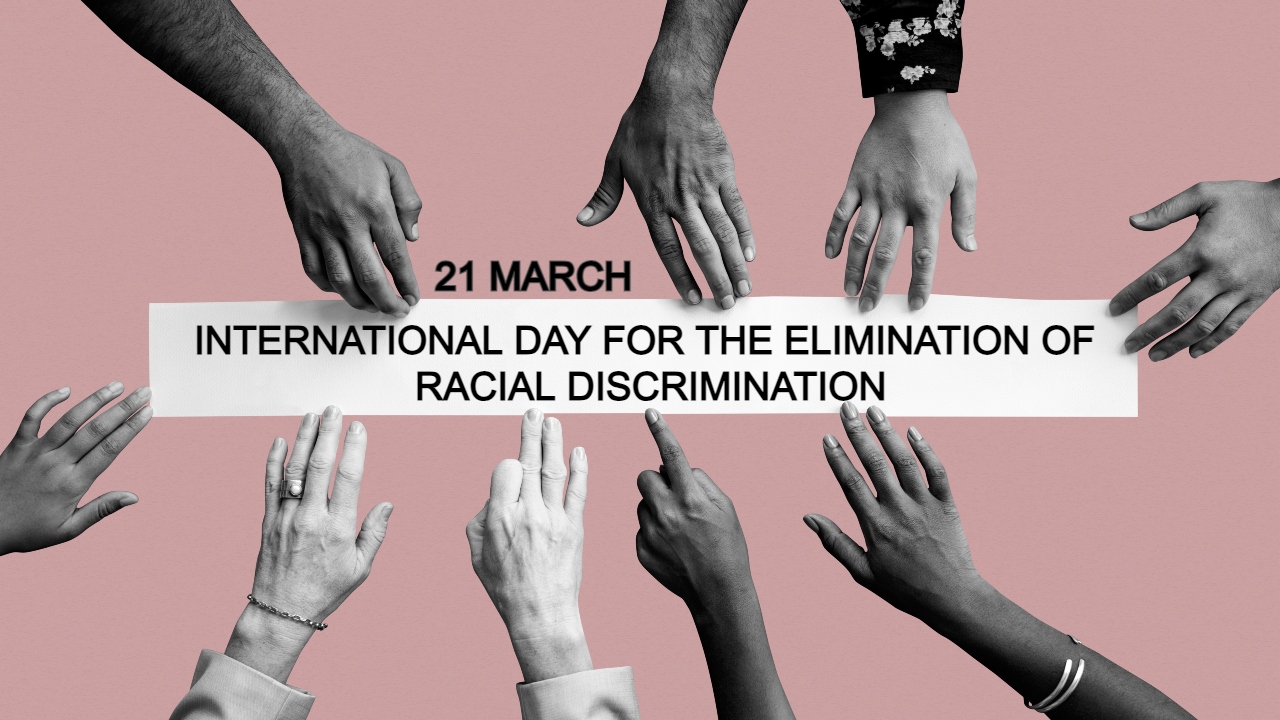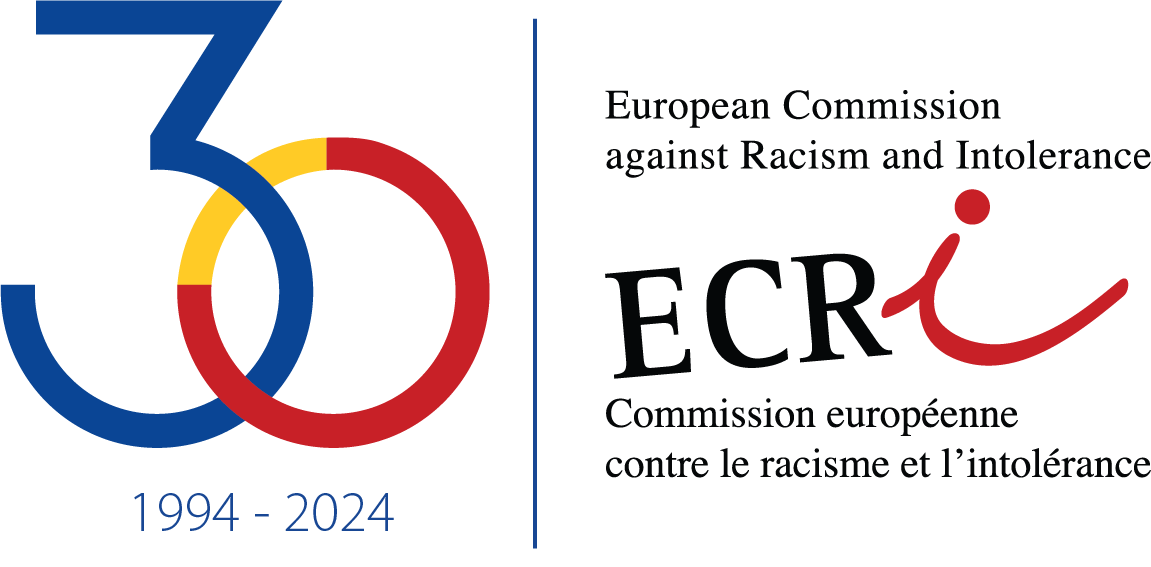Verene Shepherd, Chairperson of the Committee on the Elimination of Racial Discrimination (CERD), the United Nations anti-racism body, and Bertil Cottier, Chair of the European Commission against Racism and Intolerance (ECRI), the Council of Europe’s anti-racism body, express deep concern and call for urgent and concerted action to effectively combat racist hate speech, incitement to violence, dehumanising public discourse and racial discrimination in accordance with international and European human rights law.
The use of inflammatory rhetoric and the wide dissemination of xenophobic, hateful, and dehumanising content by politicians and other public figures, in particular through social media, is becoming a widespread pattern in various parts of the world, including Europe. Such phenomena, inextricably linked to deep-rooted, systemic, racial discrimination, have reached alarming levels, said the Chairs of CERD and ECRI.
“Urgent action is needed to break the spiral of racist violence and racial discrimination that is growing in all too many states”, said Bertil Cottier, ECRI’s Chair. “Failure to counter hatred further fuels hatred. Failure to counter racial discrimination creates room for further racial discrimination. At all times, political leaders and other public figures, through their words and deeds, bear a huge responsibility in shaping inclusive or otherwise divisive societies”, he continued.
“Indigenous Peoples, People of African Descent, People of Arab descent, migrants, asylum seekers and refugees and Roma bear the brunt of racial discrimination, racial profiling by law enforcement, and racist hate speech”, added the Chair of CERD. “Despite international obligations, in particular those arising from the International Convention on the Elimination of All forms of Racial Discrimination, the prescriptions contained in the Durban Declaration and Programme of Action, the Programme of Activities for the International Decade for People of African Descent, and various General Recommendations (GR) of CERD, including GR 34 (Racial discrimination against people of African descent, 2011), GR 35 (Combating racist hate speech, 2013) and GR 36 (Preventing and combating racial profiling by law enforcement officials, 2020), racial discrimination, racist hate speech and racially motivated violence continue to rear their ugly heads because too many of us refuse to believe in human rights and justice for all even 75 years after the Universal Declaration of Human Rights”, she added.
Preventing and combating all forms of racism and racial discrimination must be the utmost priority. CERD and ECRI are deeply concerned about persistent and increasing use and normalization of racist hate speech, racist stereotypes, and incitement to hatred against ethnic minorities by the media and in political discourse. Such phenomena may lead to the most serious crimes to the international community as a whole, in particular crimes of genocide, crimes against humanity and war crimes. Accountability and zero tolerance for dehumanising political and other racist hate speech can and must contribute to defusing the explosive dynamics towards retaliatory practices and the descent into an inexorable vortex of violence and tragedies.
On this International Day for the Elimination of Racial Discrimination, the Chairs of CERD and ECRI call on Council of Europe member states and States parties to the International Convention on the Elimination of All Forms of Racial Discrimination to fully respect their international and European obligations, condemn racial discrimination in all its forms and ensure that all such acts are investigated, and adequately and robustly punished. This will help to ensure justice for victimized and marginalised groups and contribute to the maintenance of peace in the world.
As powerfully stated by Nelson Mandela: “Peace is not just the absence of conflict; peace is the creation of an environment where all can flourish, regardless of race, colour, creed, religion, gender, class, caste, or any other social markers of difference. Religion, ethnicity, language, social and cultural practices are elements which enrich human civilization, adding to the wealth of our diversity. Why should they be allowed to become a cause of division, and violence? We demeanour common humanity by allowing that to happen.”
The Committee on the Elimination of Racial Discrimination (CERD) is the United Nations treaty body that monitors the implementation of the International Convention on the Elimination of All Forms of Racial Discrimination by its 182 States parties. It is composed of 18 independent experts.
The European Commission against Racism and Intolerance (ECRI) is a specialised human rights expert body that monitors action against racism and intolerance across the 46 member states of the Council of Europe. It is composed of 46 independent experts from each member state and three independent observers from observer states to the Council of Europe.
The United Nations designated 21 March the International Day for the Elimination of Racial Discrimination in 1966, in memory of the 69 people killed six years earlier in Sharpeville, South Africa, during a peaceful demonstration to protest the apartheid system.




